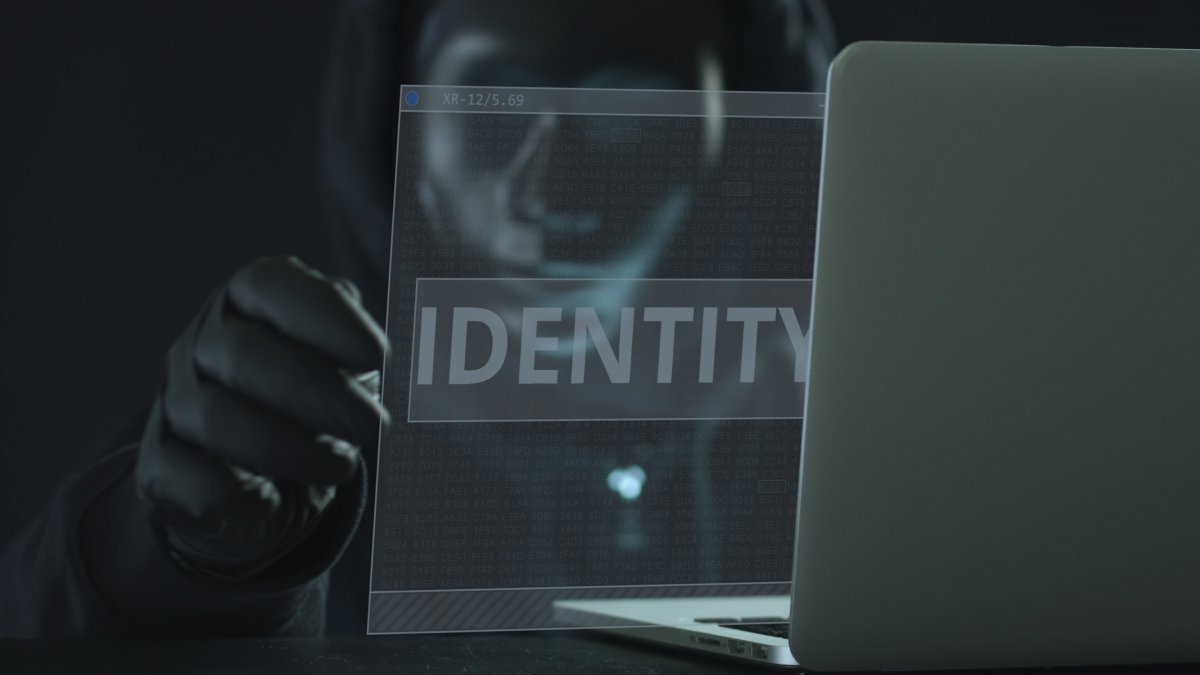Local law enforcement agencies in the US have access to movement data on 250 million mobile devices thanks to a largely unknown company. Hundreds of billions of location data from several years can be searched, sometimes without the consent of a judge. The AP news agency in cooperation with the Electronic Frontier Foundation (EFF) has now made this public. The service is offered by a company called Fog Data Science, which uses advertising IDs from smartphones for its monitoring tool.
Infer person from ID
This is actually intended to merge the profiles of different apps on one device in order to be able to personalize the advertising. Even if the ID is only linked to the devices and not to people, it has long been known that it can and is used for surveillance. Anyone who can use it to track the movement of a smartphone over days, weeks, months or even years can de-anonymize the user. According to the report, fog data science is also helping the authorities to do this.
The unveiled service is a kind of “budget mass surveillance,” says EFF’s Bennett Cyphers. The fact that US secret services such as the CIA and the NSA or the US Federal Police FBI are able to maintain gigantic surveillance programs is nothing new. But now they are making it public that even small police departments can fall back on an immense surveillance structure for sometimes as little as 7,500 US dollars per year, the organization classifies the revelation. The private sector makes this possible. Meanwhile, law enforcement agencies often do not disclose where they got their transaction data from. This makes it difficult for those affected to defend themselves legally.
It has been known for years that billions are earned with the advertising IDs and the associated systematic recording of movement profiles. The public knows far less about what happens to the data. The revelation now adds another piece of the puzzle. According to the EFF, the software is able to use a special Internet portal to output any device that was in a specific area at a defined time – for example around a crime scene. The locations of the devices could partly be traced back to mid-2017.
“Sour and Disappointed”
According to the AP, a North Carolina police officer who found this too intrusive finally resigned: “I’m just angry, disappointed and a lot of people lied to me,” the news agency quoted him as saying. The data used comes from thousands of popular apps, including those from Waze and Starbucks. Both have therefore assured not to cooperate with Fog Data Science. Such use of the collected advertising ID was never approved. This makes it clear how little control those responsible for the apps apparently have over what happens to the data. Apple and Google are already in the process of restricting tracking on iOS and Android.
(mho)







